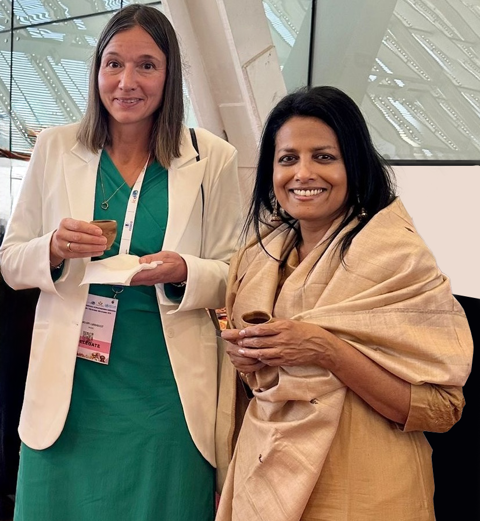
Graeme Nadasy
Communications Officer & Editor, UMC

Since its introduction 20 years ago, UMC’s adverse event reporting system has become the world’s most widely used safety surveillance toolkit for medicines and vaccines.
Today, over 100 members of the WHO Programme for International Drug Monitoring use VigiFlow and its connected applications to ensure the safety of medicines and vaccines. Now, all programme members will be able to use it for free.
The news aligns with UMC’s new vision of ensuring the safer use of medicines and vaccines for everyone, everywhere by supporting programme members in developing, implementing, and strengthening national safety surveillance programmes, and providing solutions for the secure exchange and global use of pharmacovigilance data.
Mirroring how pharmacovigilance is organised in a country, VigiFlow gives national regulatory authorities full oversight of safety issues with medicines and vaccines so that problems can be dealt with quickly and appropriate action taken if necessary.
In VigiFlow, they can consolidate safety data from various reporters into a single, unified national database through multiple data entry applications. These include:
Additionally, VigiFlow offers several key features to enhance efficiency and data quality:

“By offering VigiFlow at no cost, we are strengthening all members’ capacity to effectively monitor the safety of medicines and vaccines,” says Pinelopi Lundquist, head of UMC’s WHO Liaison department which coordinates the programme’s activities with WHO. “This initiative reflects our commitment to both supporting national efforts and enhancing global pharmacovigilance.”
Read about Botswana, Colombia, and South Africa’s experience with VigiFlow in the VigiVerse Deep Dives page of Uppsala Reports.
Since 2021 PAHO has assisted 12 countries in importing more than 270,000 historic and new cases to the global database.
27 March 2025
The theme of this year’s WHO PIDM programme members meeting investigated the true value of social media in signal detection and creating effective communication strategies.
19 October 2023
WHO and UMC introduce new VigiBase access conditions, enhancing data sharing clarity and stakeholder confidence in global pharmacovigilance.
20 March 2025